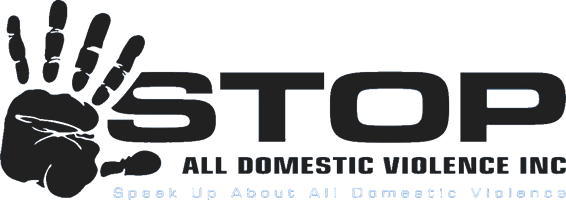So what is the drama triangle? This is a triangle that was developed by Stephen Karpman that explains what happens in all personal dysfunctional interactions. This is the social model which shows the destructive interaction that can occur when people are in conflict with each other. This triangle is used in psychotherapy and in analysis with patients. This triangle shows all players the persecutor, victim and the rescuers. These roles can be changed and switched between players to achieve their goals and agendas. When this happens their is no real change seen and the game will continue to play out in different ways so the situation is never resolved and goes on unaddressed by all players. This triangle shows the connection between personal responsibility and the power games being played out in all conflicts. Their is a persecutor, rescuer one up position, the victim, one down position. These three positions are always in play in all dramas that are happening.
1 the victim feels they can’t do anything and all efforts to improve their situation are stopped and controlled. The victim will feel persecuted, oppressed, helpless, hopeless, powerless, ashamed, can’t solve the problems or take action steps or learn any new lessons from their situation. Victims will often be found to become persecutors as they seek help they will find someone to save the day and be a rescuer for the situation. They find they are often the victims in situations and will continue to feel that things have not changed in their world.
2 The rescuer these people are there to fix the problem that has been created by the persecutor. A rescuer will feel guilty if they do not rescue the person from the situation they are in. If there help is not accepted they may become angry with the victim. The problem is that the victim will become dependant and will not allow the victim permission to fail and then experience the consequences of their own wrong doing. A rescuer often will be helping another person as this action allows them to ignore their own anxiety and issues. They purposely avoid their own problems by trying to help the victim.
3 The persecutor this is the villain in this situation. This person will tell you that all is your own fault, they will blame, be critical, oppressive, angry, authoritarian, rigid and superior. The persecutor is blamed and can then become the victim, will then become defensive if attacked by the rescuer or victim. A victim can become a persecutor in a drama triangle the role of the victim or persecutor can switch at any time. so a victim could turn on the rescuer and a rescuer can switch to become the persecutor.
This situation will continue to play out as the participants are all unconscious of the psychological wishes and needs of the others in this dance being played out. There is dysfunction and harm being done to all players. Each player is using their own selfish needs and not acting in a responsible authentic way. Each person is working to solve the problem with a hidden agenda from the other players. One player may be receiving a secret benefit of a boost to their status or some other payoff for staying in their situation. Often the victim and rescuer are co-dependant on each other and stuck in this cycle of abuse. The rescuer is keeping the victim dependant by allowing them to stay in the victim role. The rescuer wants and needs for there own satisfaction to continue to rescue this victim and allow them to be helpless and have all their needs taken care of. Each person plays a role victim, rescuer, persecutor triangle. Often these roles are learnt in dysfunctional families of origin. Rotation will often happen of all roles played out by all players. Each participate will have a payoff for their position and staying in these cycles. Each player needs to stop receiving benefit from the payoff so they will no longer play this game. If you look at domestic violence and abuse situation you will find these roles always being played out in some way. So to do better your first step is to get educated on this so that you can move out of this cycle and learn to do better.
